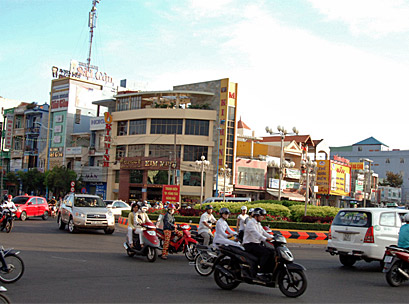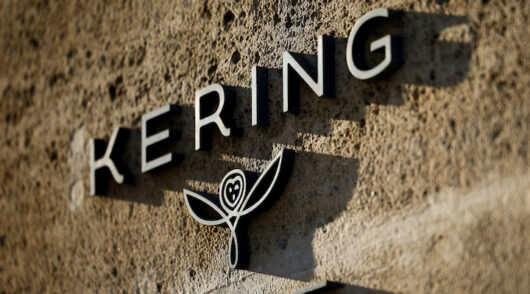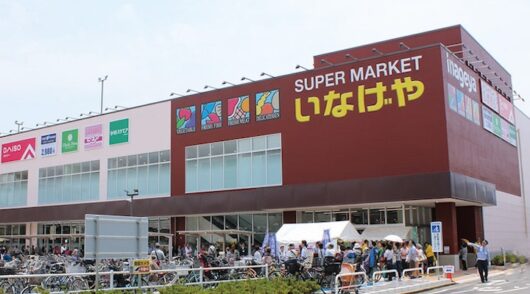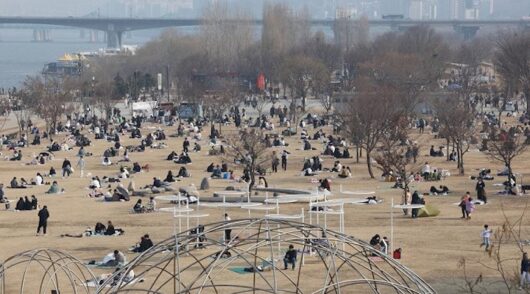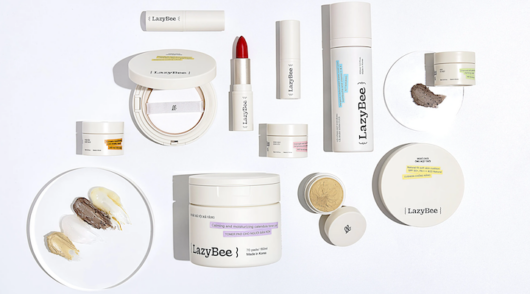Consumers in Vietnam and Myanmar are among the most optimistic in the world – more so than those in China, India, Indonesia, and other fast-growing emerging markets.
The middle and affluent class in these two Southeast Asian countries will also double in size between now and 2020, according to The Boston Consulting Group (BCG).
More than 90 per cent of all consumers in Vietnam and Myanmar believe their children will have a better life than they themselves led. The share of consumers in China, India and Indonesia who share that belief is more than 20 per centage points less.
By 2020, there will be more than 30 million middle and affluent consumers in Vietnam and about 10 million in Myanmar.
“Companies that invest in Vietnam and Myanmar now have an opportunity to build businesses, brands, and momentum early in the development of these formerly closed economies – but only if they have a solid understanding of these markets’ consumers and how to satisfy them,” said Douglas Jackson, a BCG partner based in Ho Chi Minh City.
Vietnam has been on the upswing for 20 years, and that trajectory has steepened since 2007, when the country joined the World Trade Organisation. Few Vietnamese consumers, however use banking products other than a savings account. Only five per cent own a credit card, for example. Rich, poor, or in between, Vietnamese enjoy the hunt for deals, discounts, and promotions, more so than consumers in Thailand or Myanmar.
Myanmar’s emergence from economic isolation is more recent and provides a rare opening for companies to reach a small, undeveloped, but rapidly growing market. Only about one-quarter of consumers go on vacation and fewer than four in 10 frequent restaurants.
Consumers in Myanmar frequently buy entertainment products, however, especially VCR players, before they buy consumer durables. The uncertainty of electrical supply discourages the use of expensive appliances, but the lack of movie theaters and other entertainment venues encourages at-home options. For example, 53 per cent of urban consumers own a mobile phone but only 18 per cent own a washing machine.
“If Vietnam is a here-and-now opportunity, Myanmar is a more long-term play. The market is still developing, so there is time to learn and be focused in your strategy,” said Tuomas Rinne, a BCG partner.

